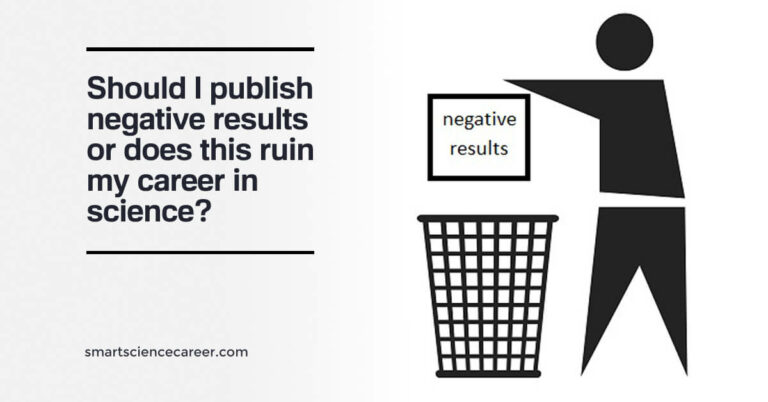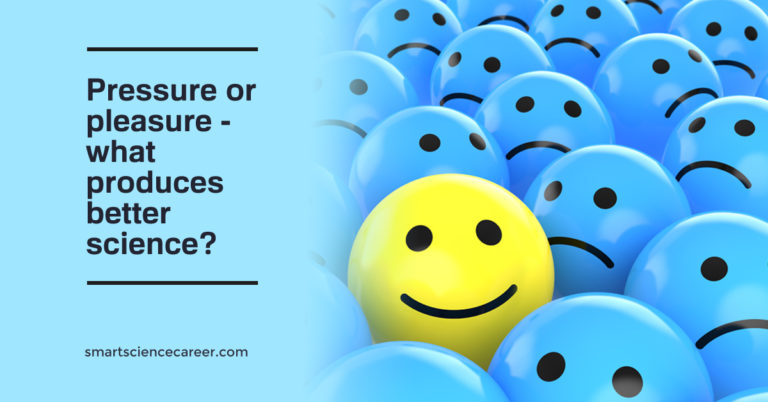28 Tips to Get More Citations for Your Publications
Everybody knows that high impact factors are essential for a career in science. However, young scientists often underestimate the value of citations. They provide a more valuable estimate of the quality of a scientific publication than other metrics, including impact factors. In this article, I provide 20 strategies to increase your citation counts.










